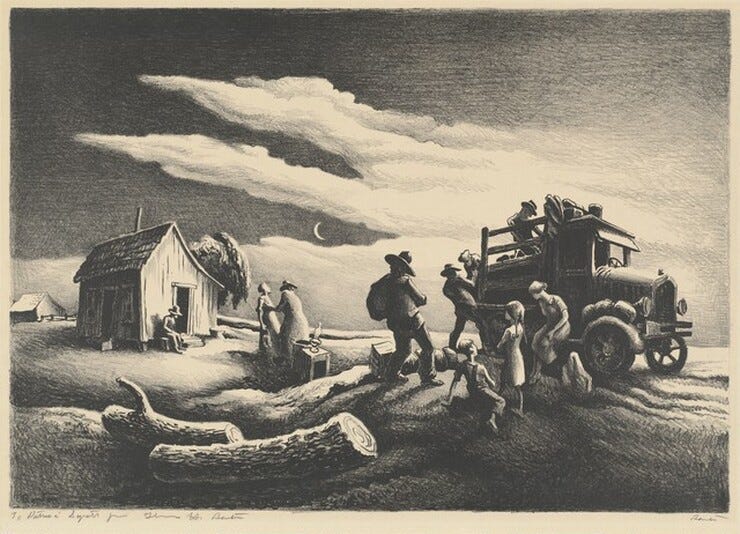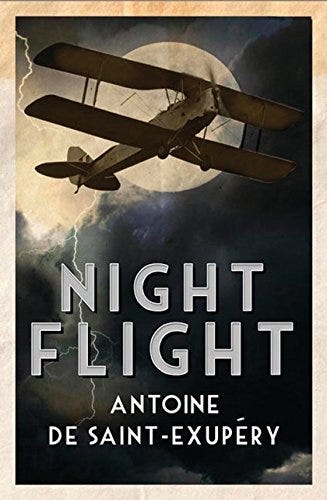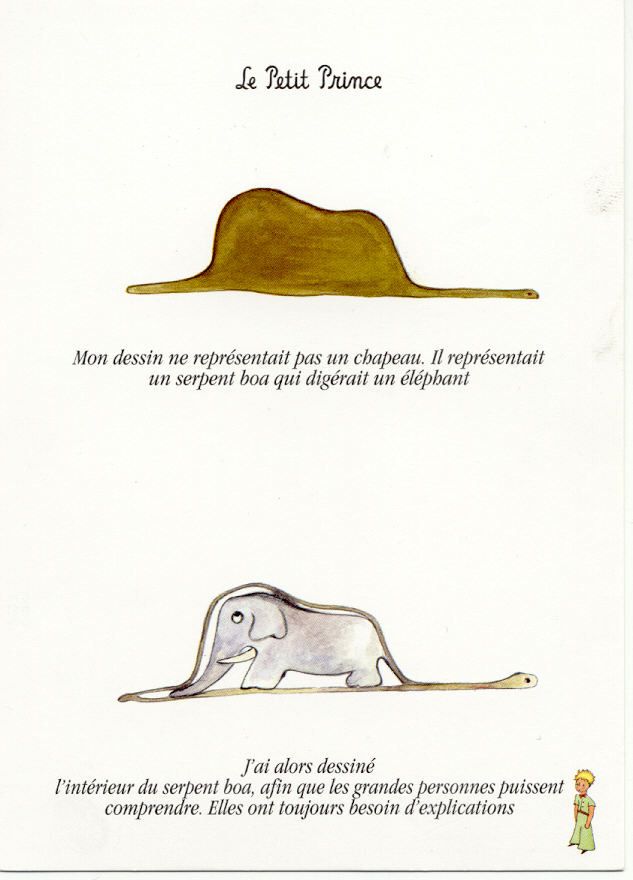Reading Projects [1]: The 1930s
[Note: Put cursor over footnote for pop-up.]
The period opened with the fallout from Wall Street's implosion, deep privation across America, out-migration from the Dustbowl, bread lines/soup kitchens, the Harding/Coolidge/Hoover era giving way to FDR's New Deal, fascism rising in Europe, a foreshadow of the Holocaust . . .
But that's the big picture, the mosaic seen at a distance. The nature of the individual tesserae 1 depends on who you were, where you were.
For the sake of this exercise, let's assume 1930 titles were written in the 1920s, and the bombing of Pearl Harbor is a realistic endpoint. Thus: 1931-1941.
But tens of thousands of books came into print during that span—bestsellers, genre fiction (Westerns, whodunits, sci-fi, bodice-rippers, period novels, pulps), plus scads of works by writers we've never heard of. 2 3
How should we build a list, what do we want from it? Should the books represent the big picture, the socio-economic realities as we understand them? In other words, books akin to The Grapes of Wrath? Should we stick with "serious literature"? Or take more of a full-spectrum view? Or what?
Here's how I go about it:
I start with what I know, especially the works I remember being fun to read, and ones that seem significant in a gut-level way—and others I simply can't not include. Then I research a little—what else was published, what books have I never read that probably ought be on my Life List, and which ones have I never so much as heard of, yet immediately strike me as list-worthy? 4
The lists I post emerge from who I am as a reader . . .
. . . my love of great writing, my desire to be inclusive—but also from my whimsy, my fondness for the hard-to-categorize—the outliers, the offbeat, the experiments, the transgressive.
So, Reading Project/Challenge/Ball Tossed in Air [1]:
Read (at least) a dozen books you've never read from the list below (and any you feel like re-reading). Or you can choose some from the list of international titles posted at the end.
Thirty from the '30s
In This Our Life, Ellen Glasgow (1941)
Native Son, Richard Wright (1940)
Darkness at Noon, Arthur Koestler (1940)
The Power and the Glory, Graham Greene (1940)
The Heart Is a Lonely Hunter, Carson McCullers, 1940
The Big Sleep, Raymond Chandler (1939)
The Grapes of Wrath, John Steinbeck (1939)
Goodbye To Berlin, Christopher Isherwood (1939)
At Swim-Two-Birds, Flann O’Brien (1939)
Ask the Dust, John Fante (1939)
Pale Horse, Pale Rider, Katherine Anne Porter (1939)
Rebecca, Daphne du Maurier (1938)
Brighton Rock, Graham Greene (1938)
Their Eyes Were Watching God, Zora Neale Hurston (1937)
Gone With the Wind, Margaret Mitchell (1936)
Nightwood, Djuna Barnes (1936)
Absalom, Absalom!, William Faulkner (1936) *
The Postman Always Rings Twice, James M. Cain (1934)
Appointment in Samarra, John O’Hara (1934)
Exile’s Return [memoir], Malcolm Cowley (1934)
Tender Is the Night, F. Scott Fitzgerald (1934)
The Street of Crocodiles [stories], Bruno Schulz (1934)
The Folks, Ruth Suckow (1934)5
Down and Out in Paris and London [memoir], George Orwell (1933) 6
Miss Lonelyhearts, Nathanael West (1933)
The Autobiography of Alice B. Toklas, Gertrude Stein (1933)
Black Elk Speaks [memoir], Black Elk [John G. Neihart, ed.] (1932)
Cold Comfort Farm, Stella Gibbons (1932)
Brave New World, Aldous Huxley (1932)
Black Cherries, Grace Stone Coates (1931) 7
All Passion Spent, Vita Sackville-West (1931) 8
Thirty from the 1930s: International
The Garden of Forking Paths [stories], Jorge Luis Borges (1941) Argentina 9
The Tartar Steppe, Dino Buzzati (1940) Italy
The Invention of Morel, Adolfo Bioy Casares (1940) Argentina
The Man Who Loved Children, Christina Stead (1940) Australia
Portrait of the Artist as a Young Dog [stories] Dylan Thomas (1940) Wales
Finnegans Wake, James Joyce (1939) Ireland 10 11
Banana Bottom, Claude McKay (1939) Jamaica/US
Good Morning, Midnight, Jean Rhys (1939) Dominica/Great Britain
House of Mist, María Luisa Bombal (1938) Chile
Invitation to a Beheading, Vladimir Nabokov (1938) Russia
Barren Lives, Graciliano Ramos (1938) Brazil
Nausea, Jean-Paul Sartre (1938) France *
Beware of Pity, Stefan Zweig (1938) Austria 12
Femme de Gilles, Madeleine Bourdouxhe, 1937 Belgium
Ferdydurke , Witold Gombrowicz (1937) Poland 13
The Blind Owl, Sadegh Hedayat (1937) Iran
Notes From Childhood [memoir] Norah Lange (1937) Argentina
Journey By Moonlight, Antal Szerb (1937) Hungary
War with the Newts, Karel Čapek (1936) Czech 14
Swami and Friends, R. K. Narayan (1935) India
Untouchable, Mulk Raj Anand (1935) India
The Field of Life and Death, Xiao Hong (1935) China
Independent People, Halldór Laxness (1934-35) Iceland* 15
Seven Gothic Tales, Isak Dinesen [Baroness Blixen] (1934) Denmark
People in the Summer Night, Frans Eemil Sillanpää (1934) Finland * 16
In the Parlour at Alastalo, Volter Kilpi (1933) Finland
Man's Fate, André Malraux (1933) France
Journey to the End of the Night, Louis-Ferdinand Céline (1932) France
Little Man, What Now? Hans Fallada (1932) Germany
Radetzky March, Joseph Roth (1932) Austria
Night Flight, Antoine de Saint-Exupéry (1931) France 17
[*Nobel Laureate in Literature]
Roughly eleven hundred works of fiction are well-enough known to be listed in Wiki's "years in literature" pages (only a fraction of which come from non-English speaking countries).
Margery Allingham, Faith Baldwin, Margaret Culkin Banning, Margaret Ayer Barnes, Catherine Brody, Gladys Hasty Carroll, Mary Ellen Chase, Walter Greenwood, Harold Heslop, Robert Hichens, Helen Hull, Grace Lumpkin, Oscar Millard, Kate O'Brien, Charles Ferdinand Ramuz, John Monk Saunders, Alan Sullivan, Henry Wade, Carolyn Wells . . . and so on. Name after name. How I wish anyone reading this would say something akin to: Oh, I read one of her books, she's great!
Example of the former: The Autobiography of Alice B. Toklas, Gertrude Stein (1933). Example of the latter: In This Our Life, Ellen Glasgow (1941) [winner of the 1942 Pulitzer].
Orwell's first full-length publication, a two-part memoir. In the first part, he depicts life in the underworld of a Paris eatery where we was a plongeur. It's easy to check off Animal Farm and 1984 and think you've done Orwell; don't cheat yourself of his reportage or his "straight" novels such as Coming Up for Air (1939). But first read Down and Out . . .
Borges is a giant. If you get to poking around in his collections, you’ll see the stories are re-packaged in various ways—i.e., it’s not essential to read this one because many of the key early stories are in Ficciones or the one I first encountered, Labyrinths (1962). One snowy night in the early 1970s I sat in the back of a lecture hall in Kalamazoo, Michigan, as, way down in front the blind, elderly Borges stood beside his handler and took questions shouted down from the peanut gallery. If anyone led with, Señor . . . he’d go, No, just Borges! I can’t believe I was there.
Beach read?
Ha ha ha.
This is Zweig's biggie. Here's the blurb:
Hofmiller, an Austro-Hungarian cavalry officer stationed at the edge of the empire, is invited to a party at the home of a rich local landowner, a world away from the dreary routine of the barracks. The surroundings are glamorous, wine flows freely, and the exhilarated young Hofmiller asks his host's lovely daughter for a dance, only to discover that sickness has left her painfully crippled. It is a minor blunder that will destroy his life, as pity and guilt gradually implicate him in a well-meaning but tragically wrongheaded plot to restore the unhappy invalid to health.
But Zweig excelled at novellas, too, so you might want to start there. NYRB has done several, including Chess Story and The Post-Office Girl, but I also like Twenty-Four Hours in the Life of a Woman (1927).
From Good Reads:
In this bitterly funny novel by the renowned Polish author Witold Gombrowicz. a writer finds himself tossed into a chaotic world of schoolboys by a diabolical professor who wishes to reduce him to childishness. Originally published in Poland in 1937. Ferdydurke became an instant literary sensation and catapulted the young author to fame. Deemed scandalous and subversive by Nazis. Stalinists. and the Polish Communist regime in turn. the novel (as well as all of Gombrowicz's other works) was officially banned in Poland for decades. It has nonetheless remained one of the most influential works of twentieth-century European literature.
Winner of 1955 Nobel Prize in Literature, from Iceland. This novel is considered the centerpiece of this career. I read it years ago based on the rave intro by Brad Leithauser, and to be candid here, found it a bit of a slog. But many revere this book. Ten years ago, I walked through Laxness's residence outside Reykjavik—kept much as it was, books and all, and felt it a great honor.
Recently I read another, Under the Glacier [intro by Susan Sontag], much shorter and stranger and a hell of a lot funnier. From a Salon review: If there were any justice in the literary world . . . this amazing little volume would inspire a cult following . . . Under the Glacier is hilarious . . . A luminous tale of timeless mythic profundity.
Archipelago has just issued a new translation of Salka Valka [1931-32], which I mean to read this summer. Archipelago books are such handsome artifacts—you just want to hold them! Alice Munro: Laxness is a beacon in twentieth century literature, a writer of splendid originality, wit, and feeling.
A gentle beautiful forgotten book. Here's one reader's blog post:
http://edith-lagraziana.blogspot.com/2015/06/people-in-summer-night-by-frans-eemil-sillanpaa.html
Was I the very last person to know about Le Petit Prince? The story of its author is gripping, the arc of his life. Check it out:
https://en.wikipedia.org/wiki/Antoine_de_Saint-Exup%C3%A9ry
Others of his books, some posthumous, depict his life as a pre-war pilot—these works have been packaged differently in different countries as you'll see in the Wiki.
But Le Petit Prince: forgive me for using the French spelling; it's because, while I don't speak French, I can pick my way through some books (with vocab help). Je l'adore.








4th sentence from the first story (Attraction) in a collection called ‘Blue Spruce’ by this guy I know. Good writer. Forgot his name.
Just picked up At Swim-Two-Birds and found my new favorite first sentence: 'Having placed in my mouth sufficient bread for three minutes' chewing, I withdrew my powers of sensual perception and retired into the privacy of my mind, my eyes and face assuming a vacant and preoccupied expression.' Now that's a sentence that calls the reader to the next.
Perhaps a David's List of Best First Sentences?